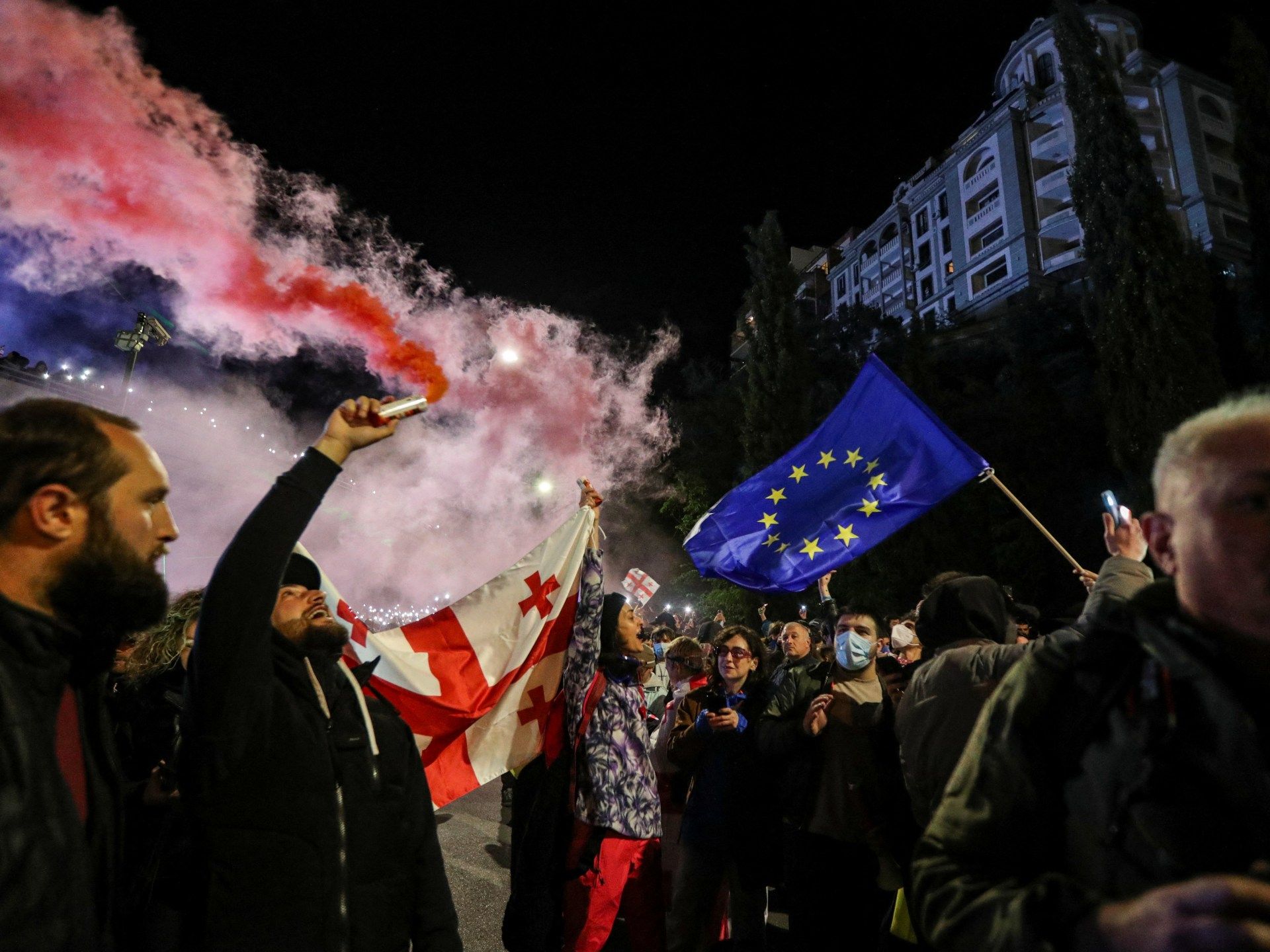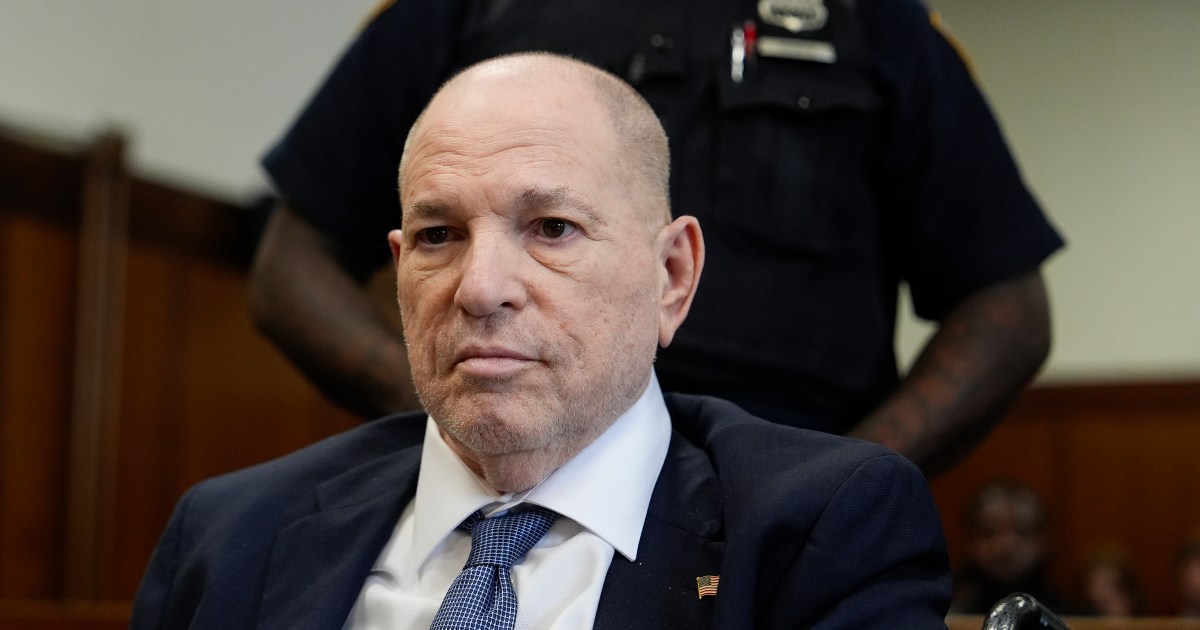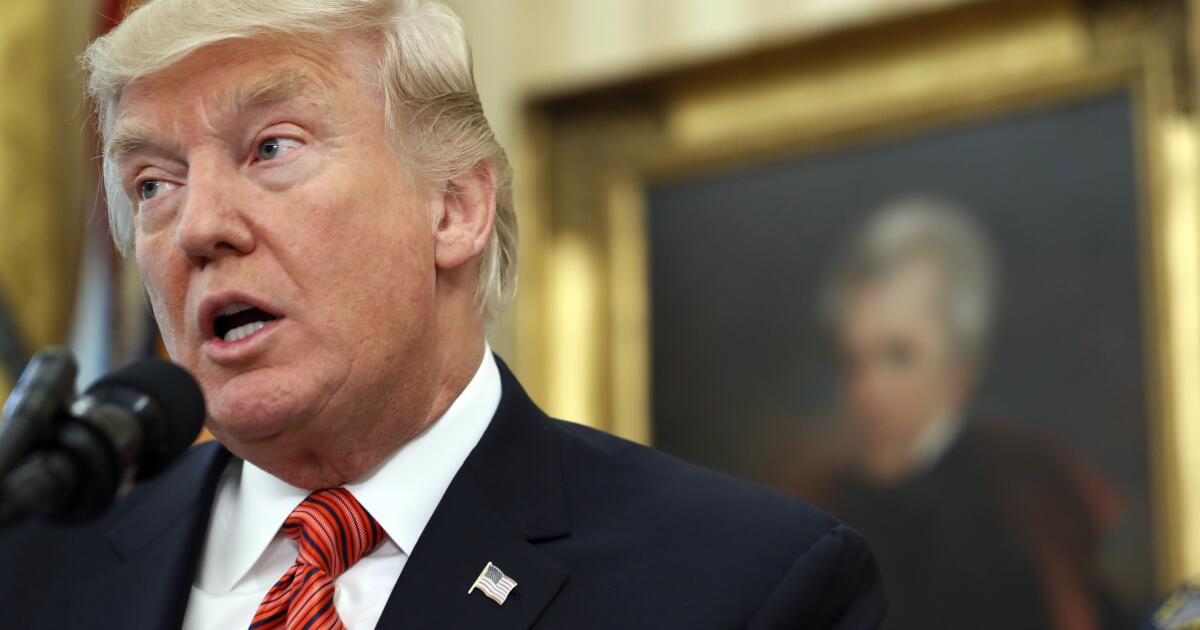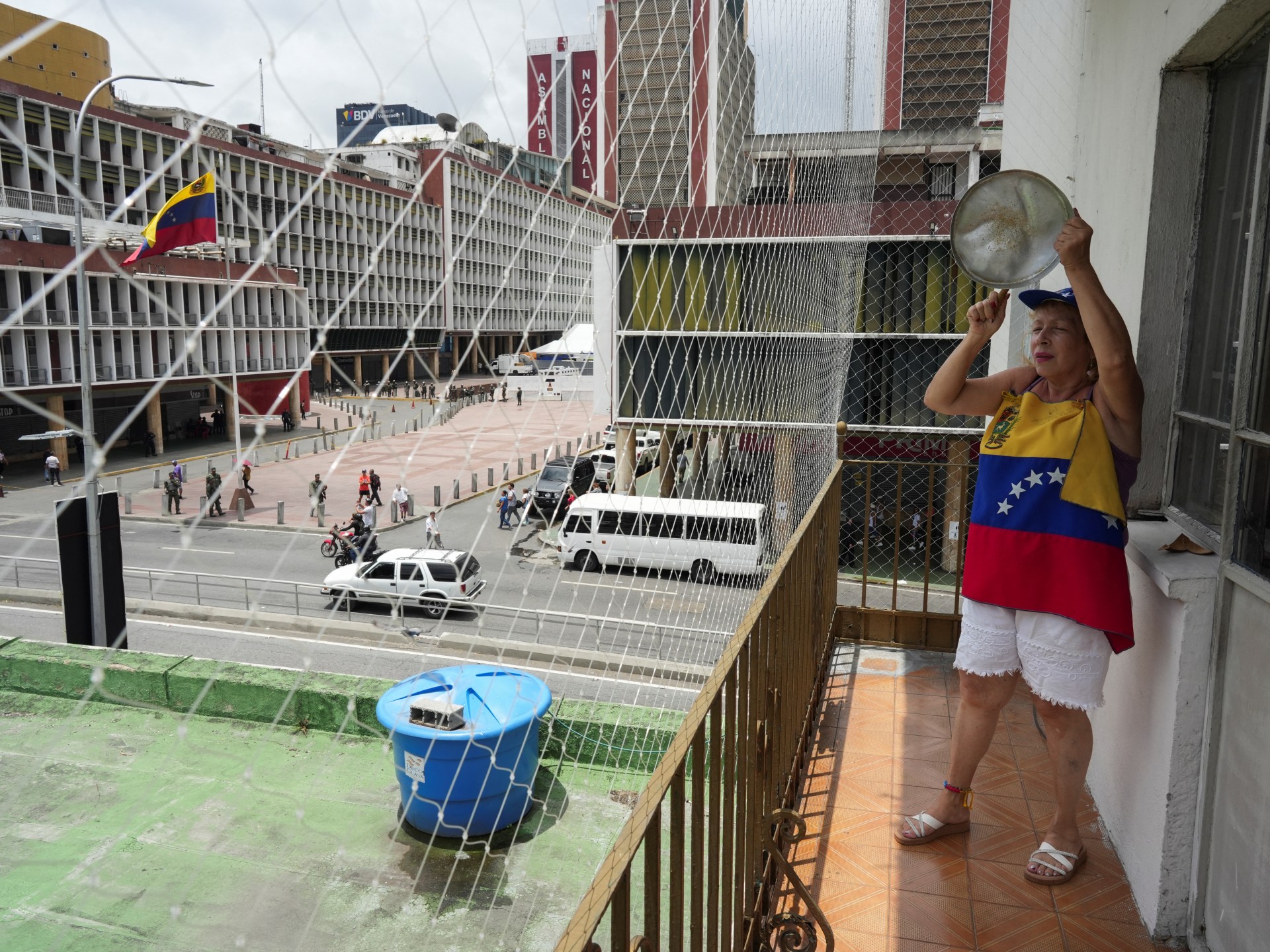President Salomé Zourabichvili says the law is “Russian in essence” but parliament is expected to override the veto.
Georgian President Salome Zourabichvili vetoed the “foreign influence” bill that has sparked unprecedented protests in the country and warnings from Brussels that the move would undermine Tbilisi's aspirations in the European Union.
But Zourabichvili's veto on Saturday is likely only to delay the proposed legislation, not block it. Parliament can override the veto with an additional vote.
“Today I vetoed… the law, which is Russian in essence and which contradicts our constitution,” Zourabichvili said in a televised statement.
Today I vetoed the Russian law. This law, in its essence and spirit, is fundamentally Russian and contradicts our Constitution and all European norms. It represents, therefore, an obstacle to our European path.
This law must be repealed! pic.twitter.com/yNCGI7jqaF
— Salomé Zourabichvili (@Zourabichvili_S) May 18, 2024
Critics have said the bill resembles Russian legislation used to silence dissent. The bill requires non-governmental organizations (NGOs) and media outlets with more than 20 percent of their funding coming from outside Georgia to register as bodies “pursuing the interests of a foreign power.”
If they refuse to do so and disclose confidential information about foreign financing, they will face a fine of 25,000 lari ($9,360), followed by additional fines of 20,000 lari ($7,490) for each subsequent month of non-compliance.
On Tuesday, the Georgian Parliament approved the bill proposed by the Georgian Dream party, which has been in power since 2022.
The party has enough votes in parliament to override the president's veto with a simple majority.
Prime Minister Irakli Kobakhidze, who belongs to the Georgian Dream, has signaled his party's willingness to consider amendments to the law proposed by Zourabichvili, should she include them in her veto document.
But Zourabichvili, who is at odds with the ruling party, has ruled out the possibility of starting “false, artificial and misleading negotiations” with Georgian Dream.
The foreign agents bill has sparked massive protests against it that have rocked Tbilisi, Georgia's capital, in recent weeks.
NGOs and media outlets fear they will be forced to close if they do not comply. Eka Gigauri, head of the Georgian branch of Transparency International, the anti-corruption NGO that has been operating in the country for 24 years, told France24: “The implication would be that they could freeze our assets.”
Critics have argued that the bill would limit press freedom and jeopardize the country's bid to join the EU.
Opponents of the bill also said the bill will bring Georgia closer to Russia. The two former Soviet countries have had a tense relationship since Georgia's independence following the collapse of the Soviet Union in 1991.
Ursula von der Leyen, president of the European Commission, warned on May 1 that Georgia was “at a crossroads.”
“EU member countries are very clear that if this law is adopted it will be a serious obstacle for Georgia in its European perspective,” added EU spokesman Peter Stano.
Georgia applied to be part of the EU in 2022 and was granted candidate status in December last year.
The United States has also been urging Georgia not to pass the bill, saying it would be inconsistent with its stated goal of joining the EU and having a relationship with NATO.
The Georgian Dream party has insisted it is committed to joining the EU and presents the bill as aimed at increasing the transparency of NGO funding.











